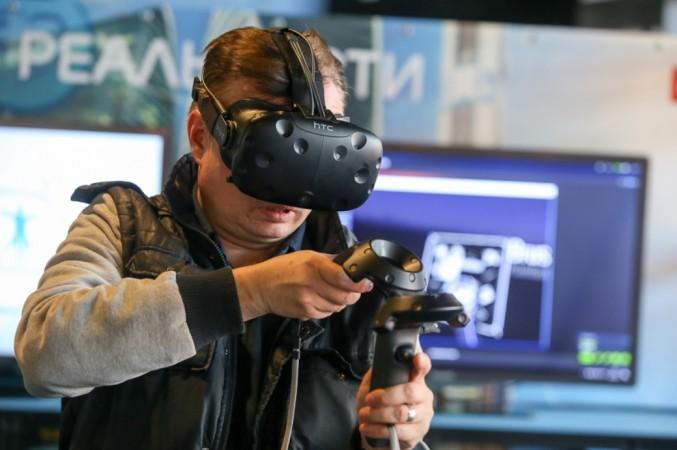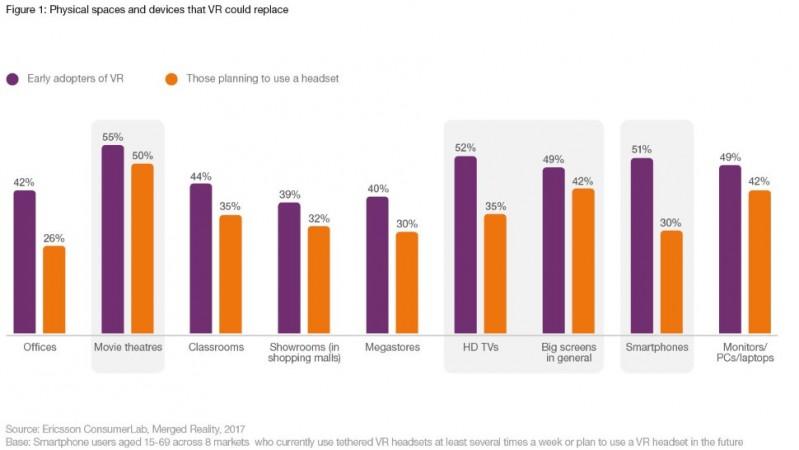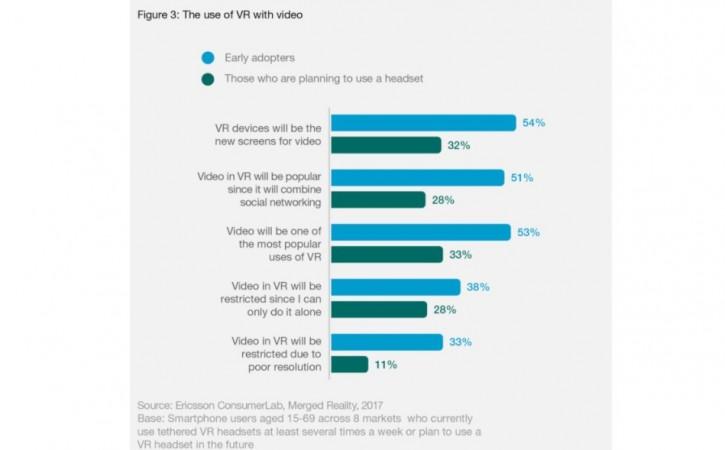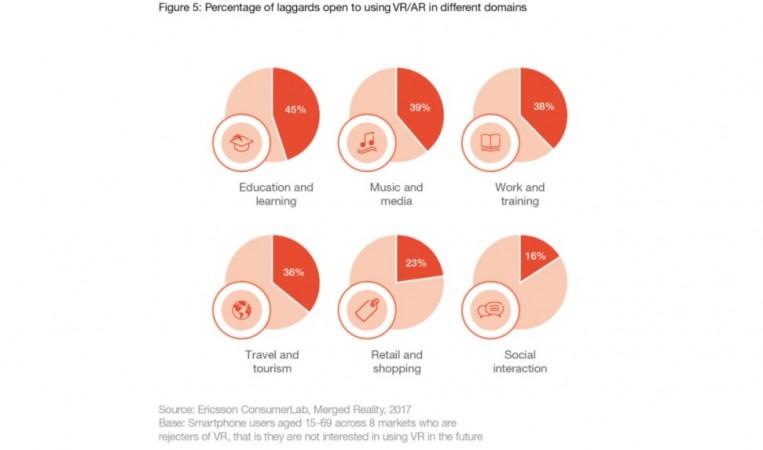
Even as virtual reality (VR) and augmented reality (AR) have started making an impact on consumers' lifestyle, they collide with physically reality now, but this will change drastically with the arrival of 5G network technology as it will facilitate their merger and transform everyday reality, said a study.
In its study titled "Merged reality: Understanding how virtual and augmented realities could transform everyday reality," technology company Ericsson ConsumerLab said that human lifestyle will change drastically when AR and VR merge with physical reality which could happen with fast and high-bandwidth 5G network.
Also read: AR glasses in the pipeline? Apple's next big thing after iPhone apparently hurts testers' eyes
"When the boundaries between people's perception of physical and virtual reality start to blur, this could result in a drastic impact on lives and society. The way we live, work and consume information and media may fundamentally change," said the study.
It said that consumers will start buying virtual screen instead of television sets, office and changing rooms in stores could be replaced by virtual spaces and people would surf by walking through virtual portals instead of clicking links. It said the change has started, citing how gamers catch virtual pocket monsters on streets, parks and other places while playing AR game Pokemon Go, and that some hoteliers have started allowing its guests to take a tour of exotic locations virtually to help them decide on vacation spot they want.

"The virtual world may no longer remain the ultimate form of isolation or escapism, but could become the social network of the future," it said.
The study found out that nearly half of the early adopters of VR, who took part in the survey, "believe VR could replace physical devices like HD TVs, big screens, smartphones and laptops" and nearly a third of those planning to use a headset to believe so. Three-fifths of the early adopters think VR will change everyday activities like video viewing and social networking, and almost half of those planning to use a headset believe that the technology has the potential to create a significant impact in the future.

The study also found out that consumers expect VR and AR to change six domains the most -- media, education, work, social interaction, tourism and retail. Seven out of 10 early adopters think that VR and AR can change these six domains fundamentally and that the experience will become a mainstream. Nearly six out of 10 of those planning to use a VR headset in the future think the technology will drastically change education, media and work domains.

The study was done to explore the possible impact that merger of virtual and physical reality can have on consumer lifestyles, from the perspective of early adopters, laggards and consumers who are planning to use a headset in the future. It is based on the online survey of 9,200 respondents in France, Germany, Italy, Japan, South Korea, Spain, the UK and the US. The participants were aged between 15 and 69 and were aware of the concept of VR.














